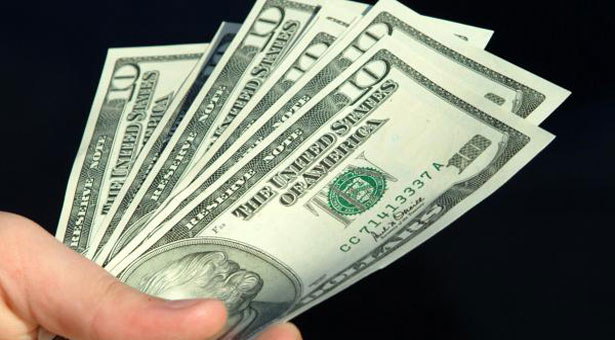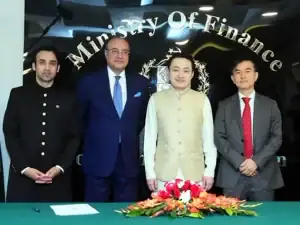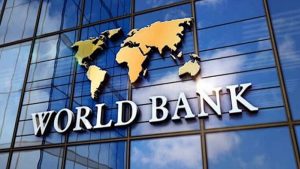TOKYO (APP) – The dollar picked up against some emerging currencies Monday, as China’s interest rate cut at the end of last week fed fears about the state of the world’s number two economy.
The Malaysian ringgit, Indonesian rupiah and the South Korean won fell against the dollar as investors moved into safe assets, while the euro continued to struggle after the head of the European Central Bank last week hinted at further stimulus measures.
Global equity markets had suffered a mauling in recent months on worries about China and the impact of a long-awaited US rate hike.
The move Friday came as the Communist Party this week holds its policy meeting to set the direction for the economy in the next Five Year Plan.
“The market is concerned that China is cutting rates because of problems with growth,” Irene Cheung, a currency strategist at Australia & New Zealand Banking Group in Singapore, told Bloomberg News. “(It is) reacting on the back of the slowdown in the Chinese economy.”
The ringgit shed 0.44 percent against the dollar, while the rupiah dropped 0.27 percent and the won was down 0.70 percent. The Taiwan dollar also fell, but the Thai baht and the Singapore dollar edged up.
Traders will be closely tracking the Federal Reserve’s two-day meeting that starts Tuesday with expectations it will delay an expected rate hike until the new year. The Bank of Japan will also hold its own meeting later this week, with talk of further stimulus on the rise after a recent run of weak data out of Tokyo.
“The big question in the markets at the moment is whether the BoJ will follow the (European Central Bank) and the (People’s Bank of China) in stepping up their quantitative and qualitative easing programme,” Angus Nicholson of IG Ltd., said in a commentary. On Monday, the dollar bought 121.10 yen from 121.46 Friday in New York.
The euro has been pressure against the yen and the dollar after Mario Draghi on Thursday hinted at another interest rate cut and widening of the ECB’s bond-buying scheme to boost the economy, which effectively prints cash. The single currency traded at $1.1035 and 133.64 yen, compared with $1.1016 and 133.80 yen.














